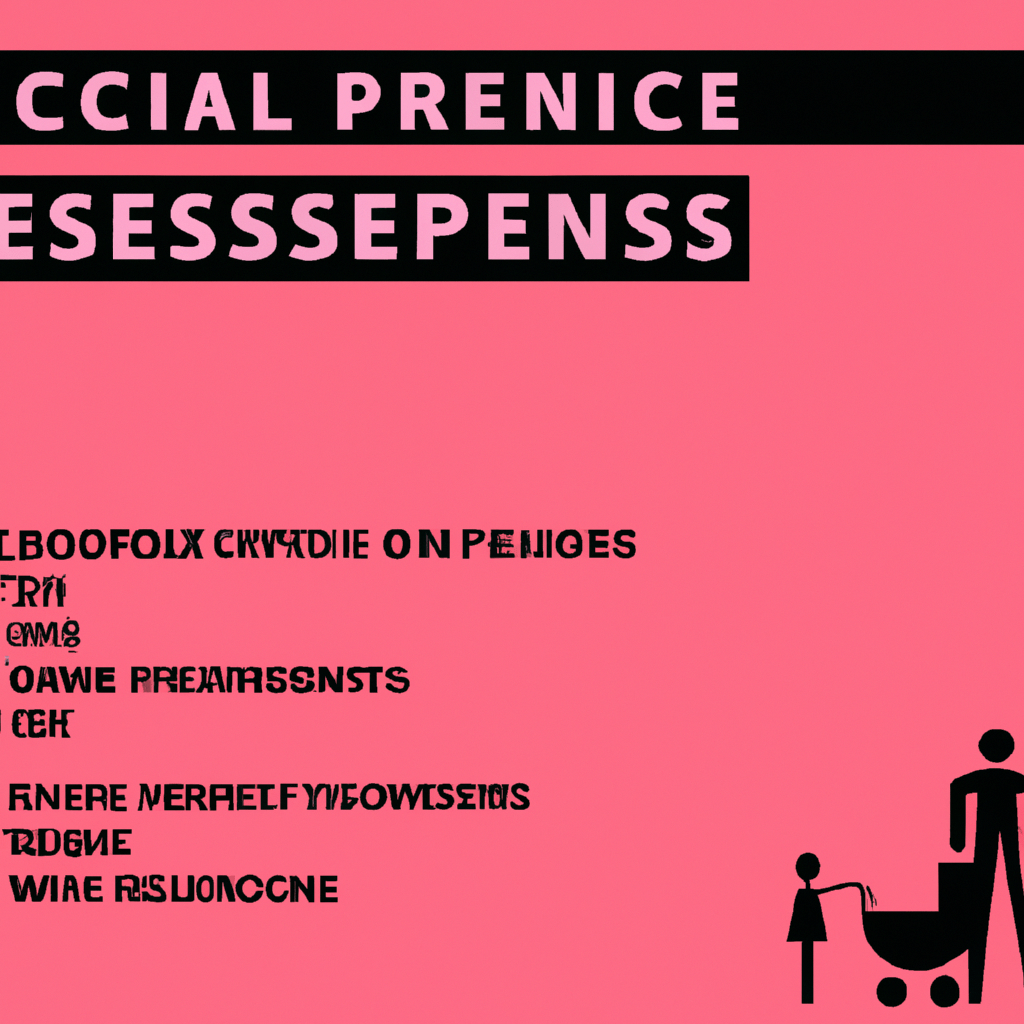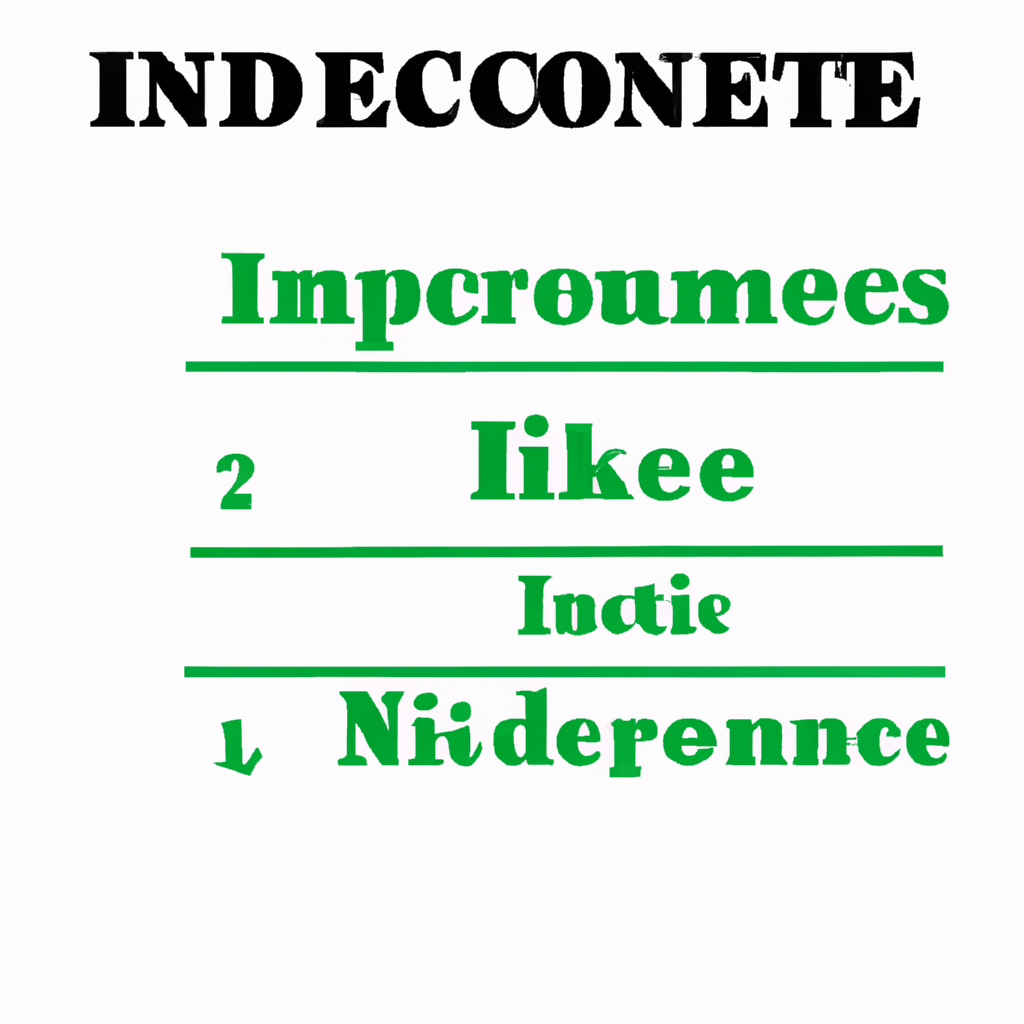healthcare inequality

Healthcare inequality refers to the disparities in access to healthcare services and outcomes experienced by different individuals or groups. These inequalities can be based on factors such as income, race, ethnicity, gender, geographic location, and socioeconomic status. Such disparities can lead to unequal distribution of healthcare resources, limited availability of quality care, and ultimately, negative health outcomes for marginalized populations. Addressing healthcare inequality requires a comprehensive approach that involves policy changes, increased investment in healthcare infrastructure, improved healthcare affordability, and increased access to preventive and primary care services for all. Achieving healthcare equity is crucial to ensure that everyone has equal opportunities to lead healthy and productive lives.
Read more
Income inequality

Income inequality refers to the disproportionate distribution of wealth and income among individuals or groups within a society or economy. It highlights the significant gaps between the rich and the poor, which have profound implications. This disparity can lead to social and economic divisions, limiting upward mobility for those with lower incomes. The consequences of income inequality are far-reaching, affecting access to quality education, healthcare, and opportunities for personal growth. Furthermore, it can undermine social cohesion and hinder economic growth. Addressing this issue requires comprehensive policies promoting fair wages, progressive taxation, and social safety nets to mitigate the adverse effects of income inequality on individuals and society as a whole.
Read more

















